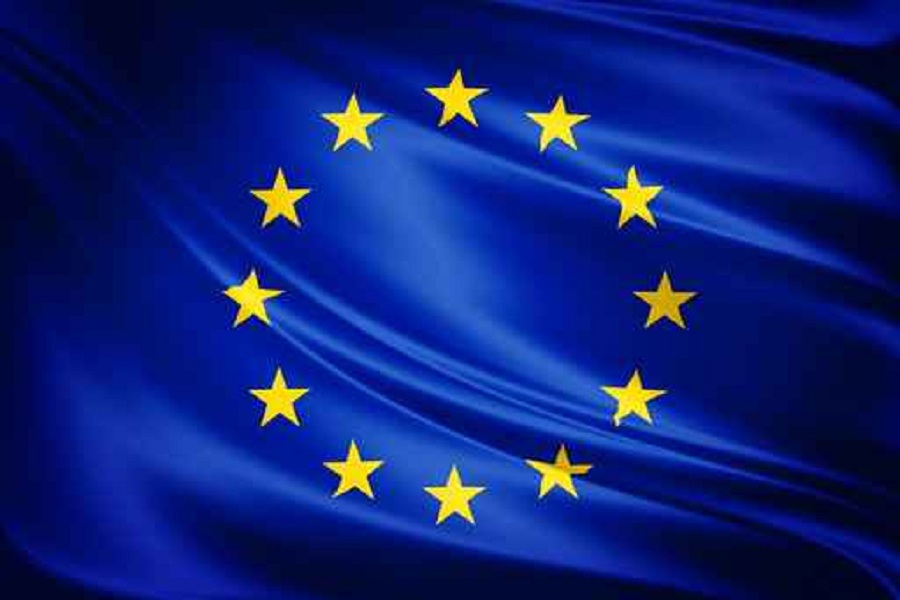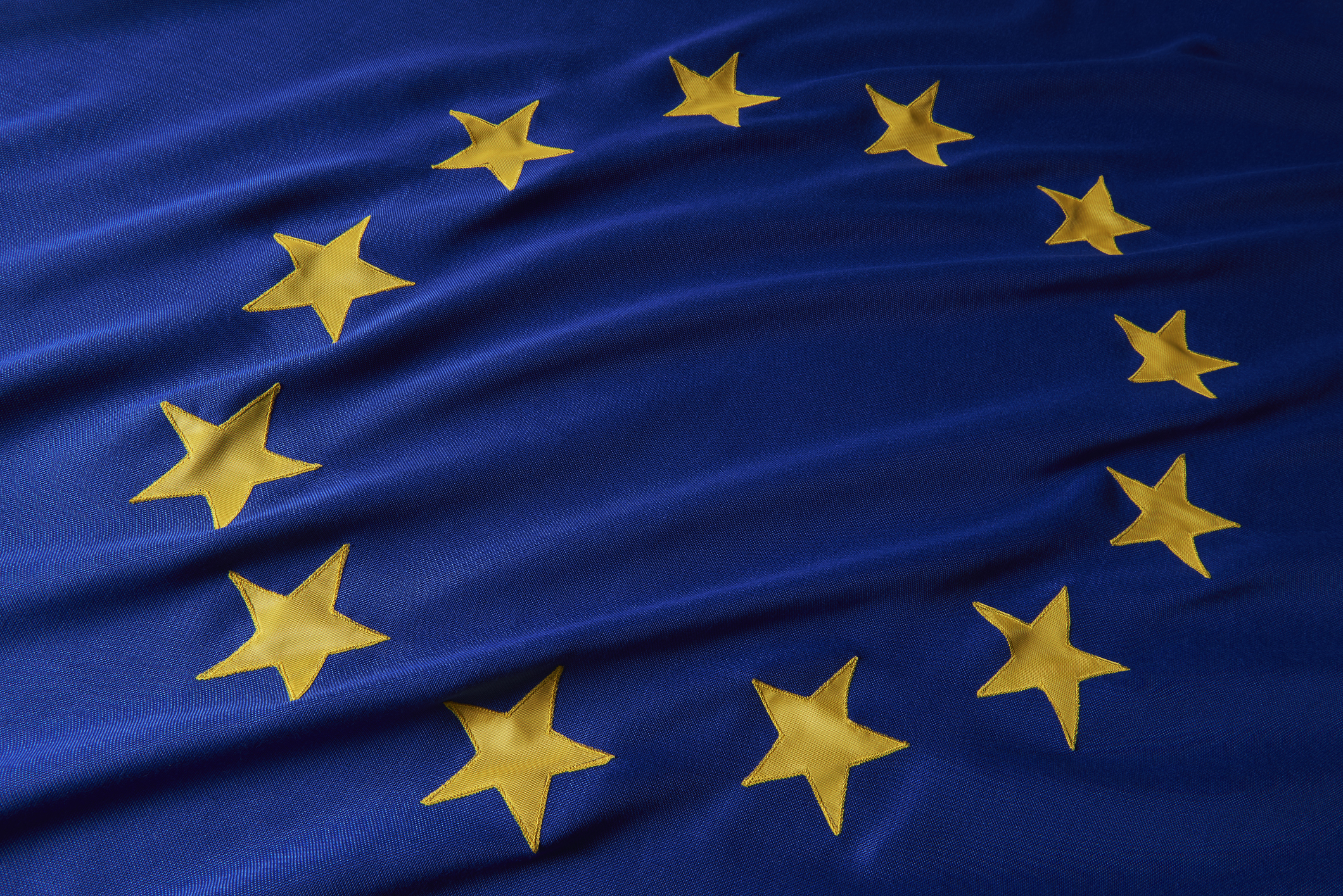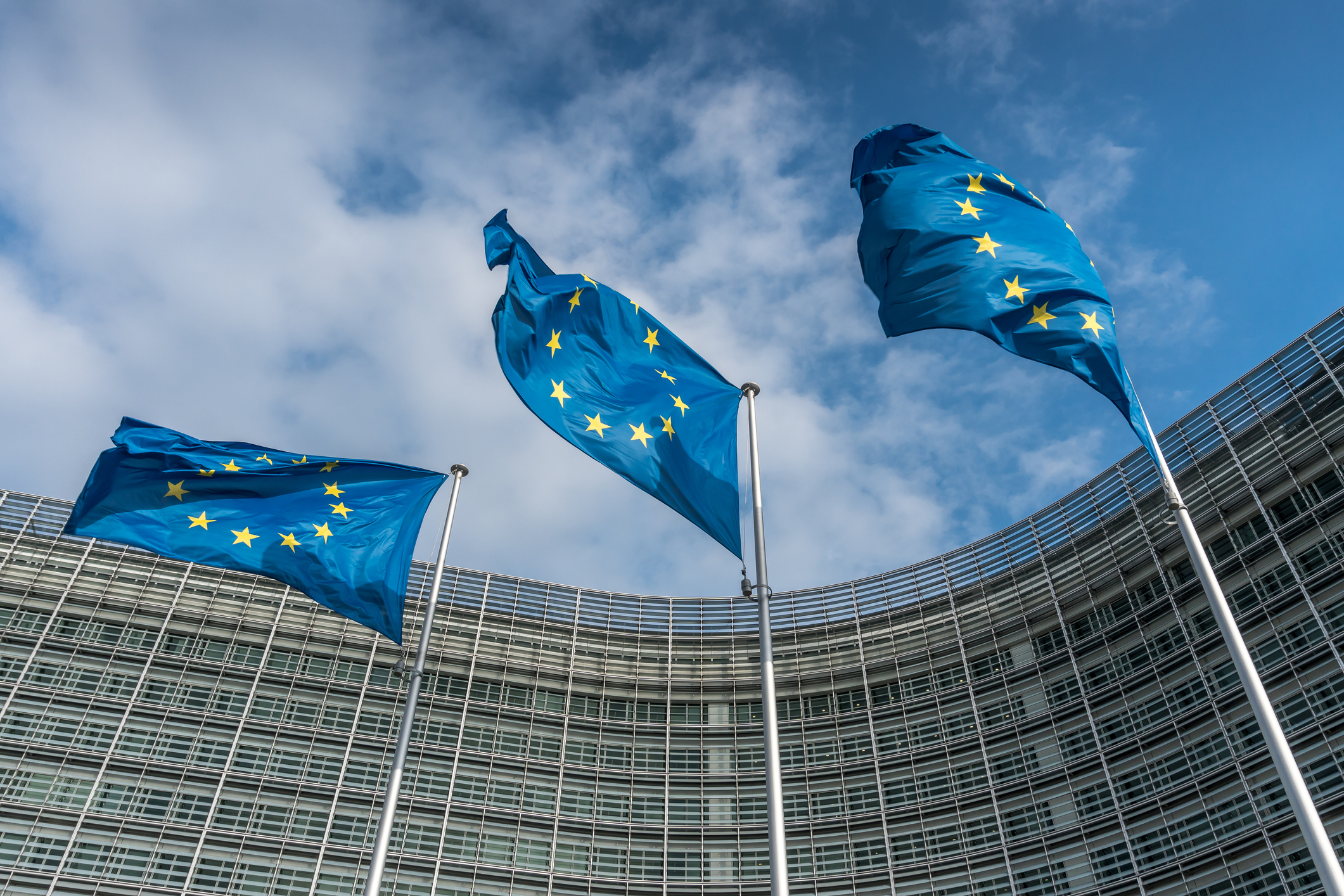European Commission leads calls for single privacy law to tackle PRISM intrusion
Europe-wide data protection laws needed to tackle spying, urges Commission vice president.


New EU-wide data protection laws are needed to restore trust in the digital economy, according to the vice president of the European Commission and EU commissioner for justice, Viviane Reding.
In a speech to delegates at the European Data Protection Conference in Brussels, Reding said Europe's economy could be damaged unless a single data protection law is adopted across the continent.
Trust in the data-driven economy, already in need of a boost, has been damaged.
"Trust in the data-driven economy, already in need of a boost, has been damaged. This is a source of concern because of the potential impact on growth. Collected, analysed and moved, personal data has acquired enormous economic significance. According to the Boston Consulting Group, the value of EU citizens' data was 315bn in 2011. It has the potential to grow to nearly 1tn annually in 2020," she said.
The recent spying revelations have also taken their toll and resulted in user trust being lost, she explained.
"[That's] particularly damaging for the digital economy because they involve companies whose services we all use on a daily basis," she said.
However, Reding said, even before the NSA revelations, trust had begun to falter.
"The data protection reform proposed by the Commission in January 2012 provides a response to both these issues: to Europeans' concerns about PRISM as well as the underlying lack of trust," she said.
Sign up today and you will receive a free copy of our Future Focus 2025 report - the leading guidance on AI, cybersecurity and other IT challenges as per 700+ senior executives
She went on to cite recent research by the Information Technology and Innovation Foundation (ITIF) over the damage caused to the US cloud industry as further proof of her claim.
"This provides an opportunity for cloud providers who are able to deliver a higher standard of safety and security for data. Data protection will be the selling point: a competitive advantage," she said.
Reding added that European governments need to change their approach to data protection by making foreign companies apply EU data protection laws in full, setting conditions in which data can be transferred out of the EU, enforcing sanctions on companies that don't comply with EU law and clear rules on "the obligations and liabilities of cloud providers who are processors of data."
These reforms would "establish a modern, balanced and flexible set of data protection rules. A set of rules that will create a dynamic market within the European Union and a basis for international cooperation," she concluded.
Rene Millman is a freelance writer and broadcaster who covers cybersecurity, AI, IoT, and the cloud. He also works as a contributing analyst at GigaOm and has previously worked as an analyst for Gartner covering the infrastructure market. He has made numerous television appearances to give his views and expertise on technology trends and companies that affect and shape our lives. You can follow Rene Millman on Twitter.
-
 The modern workplace: Standardizing collaboration for the enterprise IT leader
The modern workplace: Standardizing collaboration for the enterprise IT leaderHow Barco ClickShare Hub is redefining the meeting room
-
 Interim CISA chief uploaded sensitive documents to a public version of ChatGPT
Interim CISA chief uploaded sensitive documents to a public version of ChatGPTNews The incident at CISA raises yet more concerns about the rise of ‘shadow AI’ and data protection risks
-
 EU lawmakers want to limit the use of ‘algorithmic management’ systems at work
EU lawmakers want to limit the use of ‘algorithmic management’ systems at workNews All workplace decisions should have human oversight and be transparent, fair, and safe, MEPs insist
-
 European Commission calls for cyber security proposals
European Commission calls for cyber security proposalsNews With a special focus on healthcare, the Commission is looking to allocate €145.5 million
-
 Forcing Apple to allow alternative app stores might cause major security risks
Forcing Apple to allow alternative app stores might cause major security risksAnalysis Apple will be forced to allow third-party marketplaces on its devices, but some experts have raised serious security concerns
-
 Why bolstering your security capabilities is critical ahead of NIS2
Why bolstering your security capabilities is critical ahead of NIS2NIS2 regulations will bolster cyber resilience in key industries as well as improving multi-agency responses to data breaches
-
 New EU vulnerability disclosure rules deemed an "unnecessary risk"
New EU vulnerability disclosure rules deemed an "unnecessary risk"News The vulnerability disclosure rules in the Cyber Resilience Act could also cause a “chilling effect” on security researchers
-
 Are you ready for NIS2?
Are you ready for NIS2?WEBINAR Find out what you should be doing to prepare for the EU’s latest data protection regulation and UK equivalent with our free webinar
-
 EU regulators are digging their heels in despite big tech’s Data Act pushback
EU regulators are digging their heels in despite big tech’s Data Act pushbackAnalysis EU regulators are no strangers to big tech regulatory push back, so why do companies still persist?
-
 Nintendo hacker forced to pay company 25-30% of earnings for life
Nintendo hacker forced to pay company 25-30% of earnings for lifeNews Gary Bowser pled guilty to hacking charges in 2021
